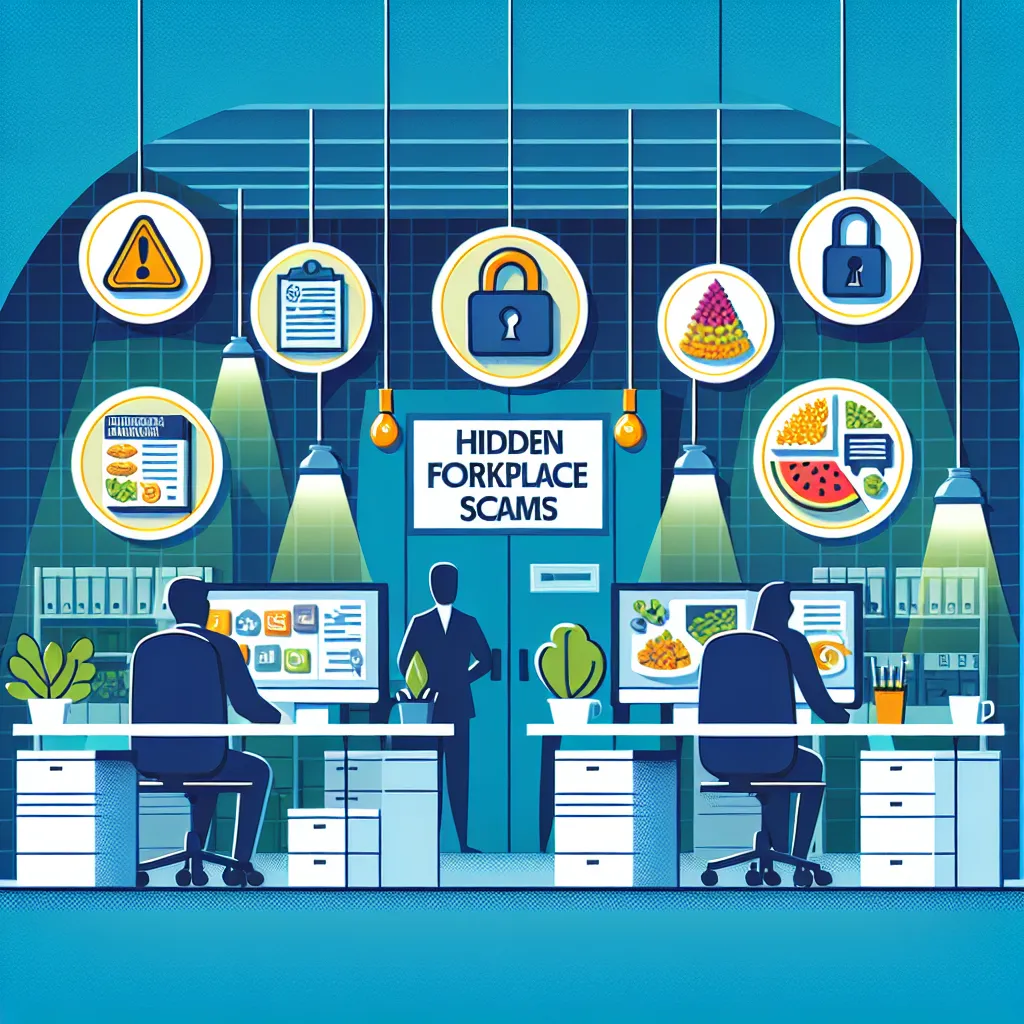Workplaces can be a hub of activity - projects being churned out, deadlines being met, team meetings, and the occasional office drama. But what you might not be aware of are the sly, covert operations that some employees indulge in to make life a little bit easier. Here, we delve into five such scams that people have managed to pull off without getting caught.
The Phantom Worker
Some might call it genius; others would term it as pure laziness. The phantom worker scam is all about making it look like you're working, even when you're not. This could involve leaving a jacket on your office chair to make it appear as if you've just stepped out for a minute or leaving your computer on with an open document. Savvy phantom workers have even been known to draft emails and schedule them to send out during non-working hours to give the illusion of burning the midnight oil.
The Extended Lunch Break
Ah, the classic extended lunch break - a favorite for many. This scam requires a little bit of timing and a lot of stealth. The trick is to leave for lunch just a bit earlier than your colleagues and return just a bit later. Over time, these extra minutes can add up to hours, and before you know it, you've managed to scam your way into an extended lunch break without anyone noticing.
The "Work From Home"
The advent of remote working has brought with it a whole new avenue for workplace scams. The "work from home" scam involves employees claiming they're working from home, but in reality, they're out and about, enjoying their day. Key to pulling this off is being responsive to emails and messages, giving the illusion of being engaged with work, even if you're actually at the beach.
The Dummy Task Delegation
The dummy task delegation scam is all about passing off your work to someone else under the guise of it being a team effort. This could involve delegating tasks to interns or new hires, asserting that it's a 'learning experience' for them. The mastermind behind this scam sits back, relaxes, and watches as their work gets done by someone else.
The Sick Day Hoax
Perhaps one of the most common workplace scams is the sick day hoax. This involves calling in sick when you're perfectly fine. The key to pulling this off is not to overdo it and to space out your sick days so as not to arouse suspicion. Some have even been known to send in 'proof' of their illness, like a picture of a thermometer showing a high temperature.
Conclusion
While these scams may seem humorous or even impressively creative, it's important to remember that honesty is the best policy. These tactics can lead to a toxic work environment and may even result in serious consequences if discovered. So, let's stick to doing our jobs with integrity and leave the scamming to the movies.



